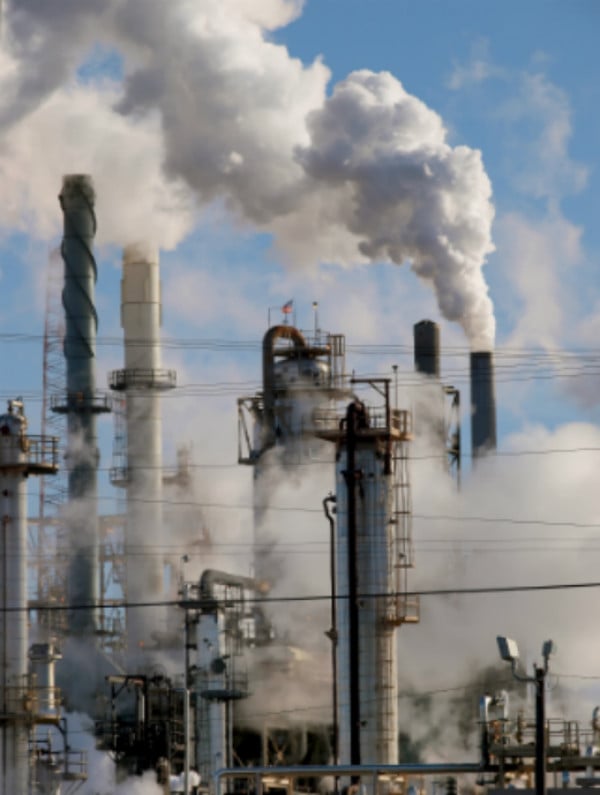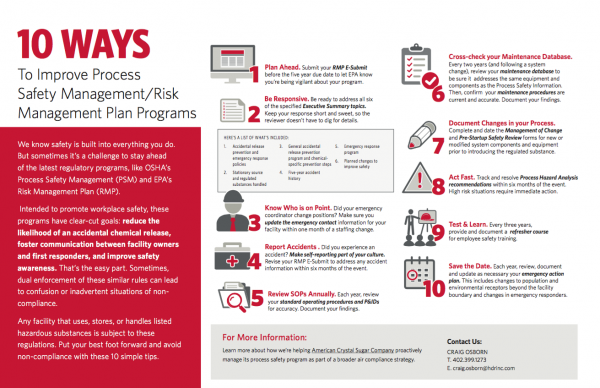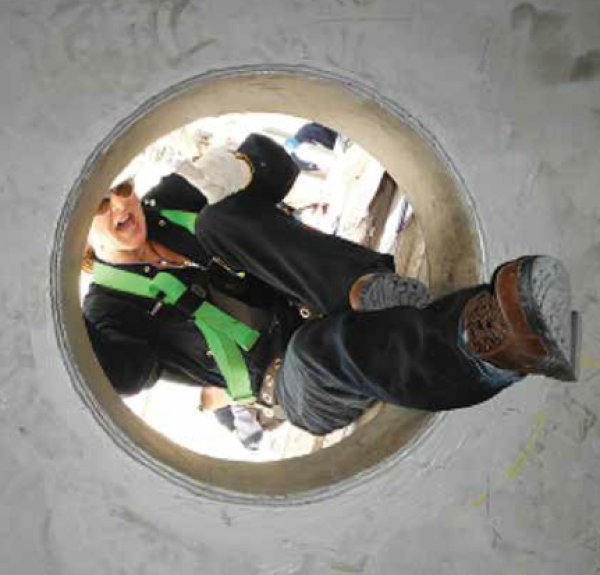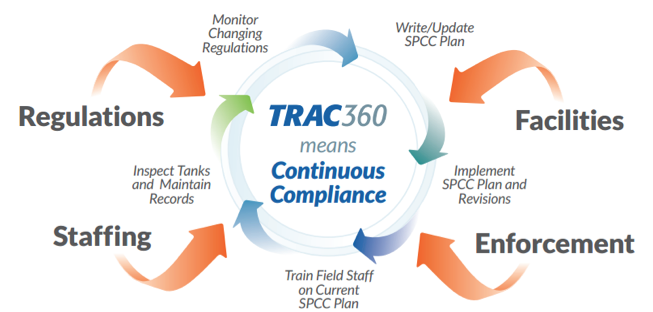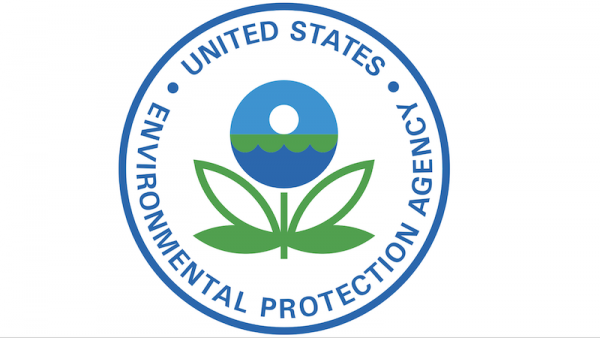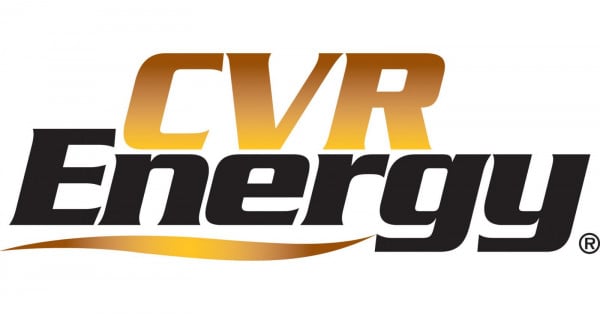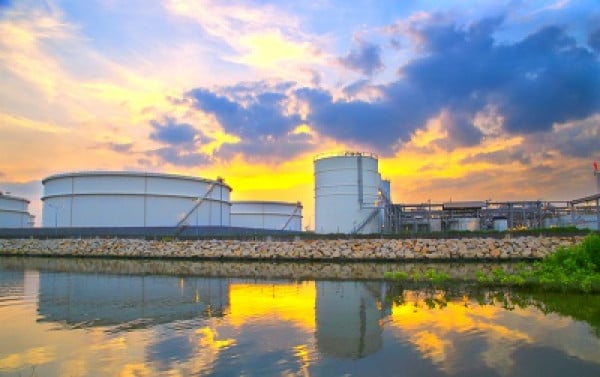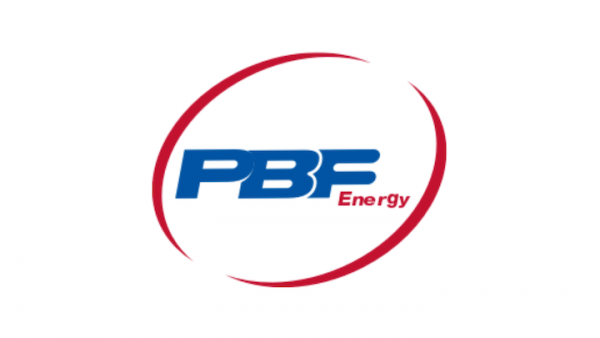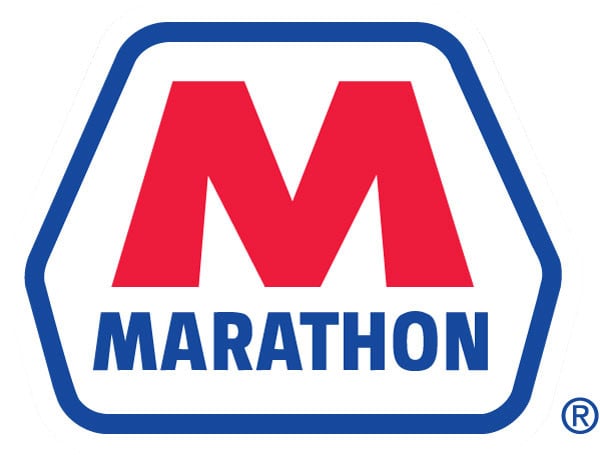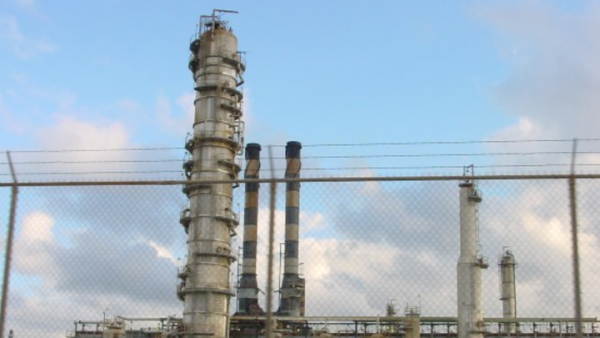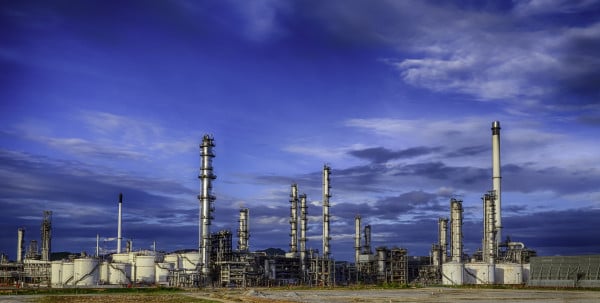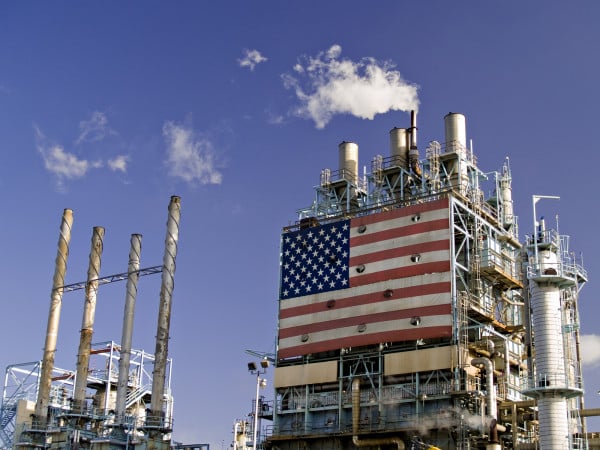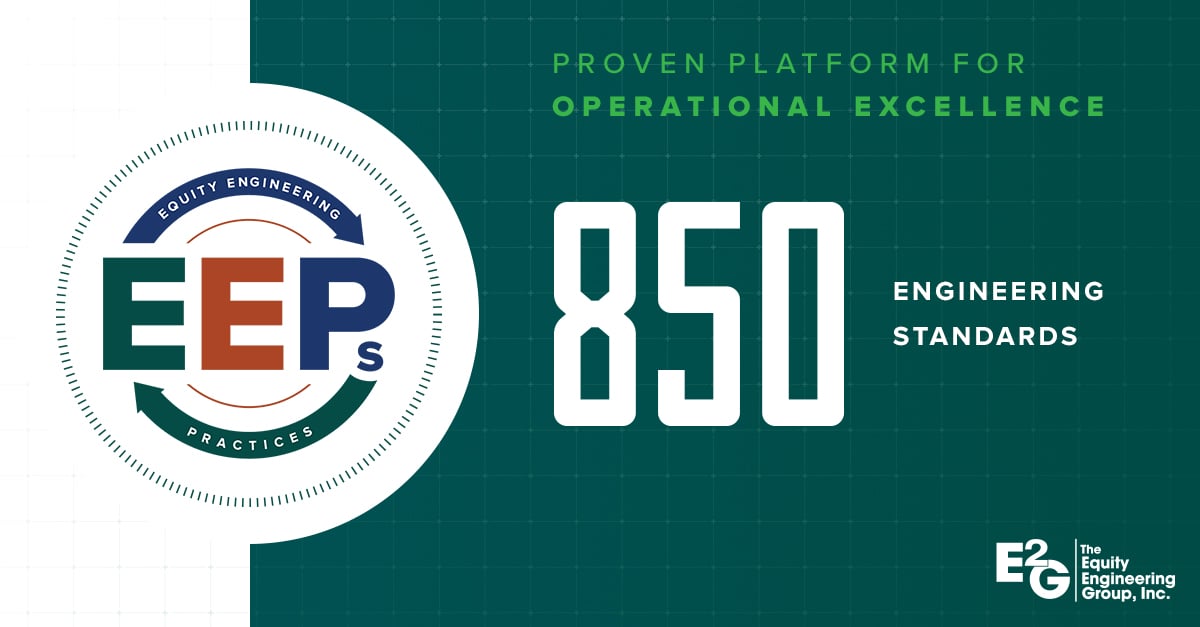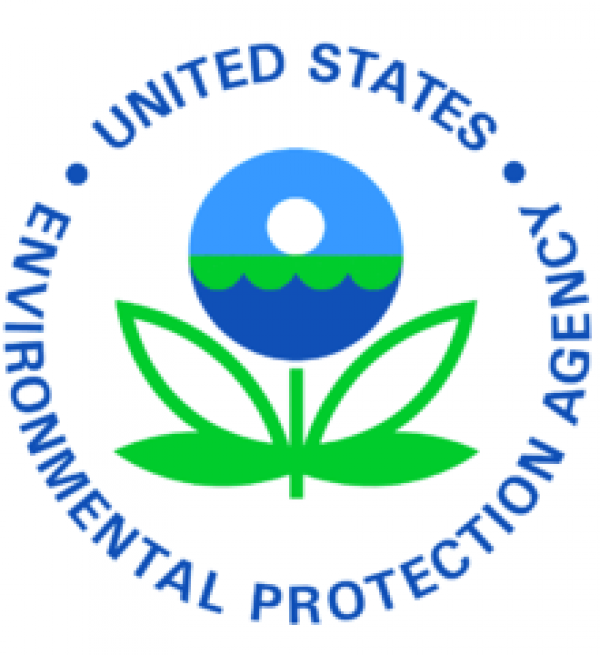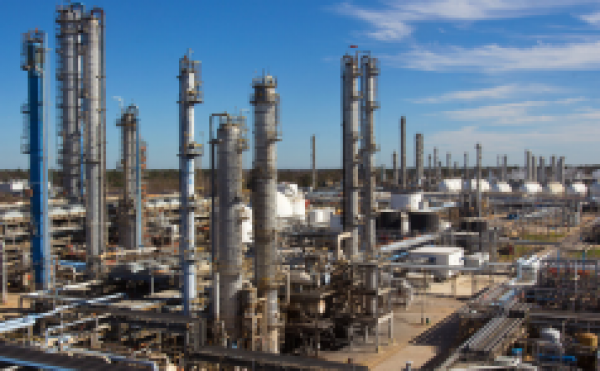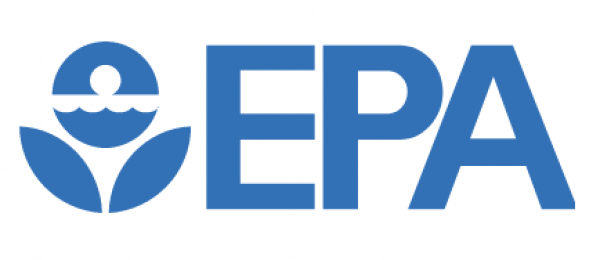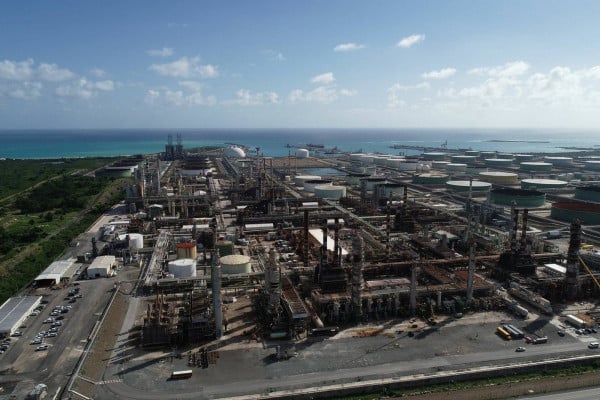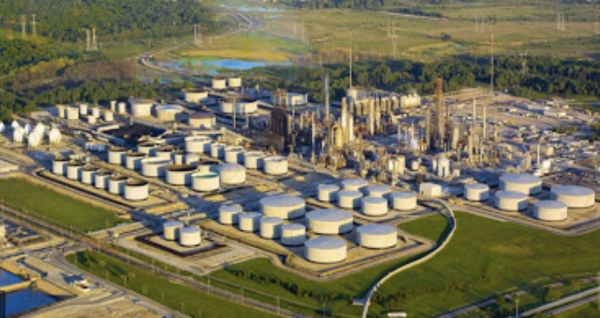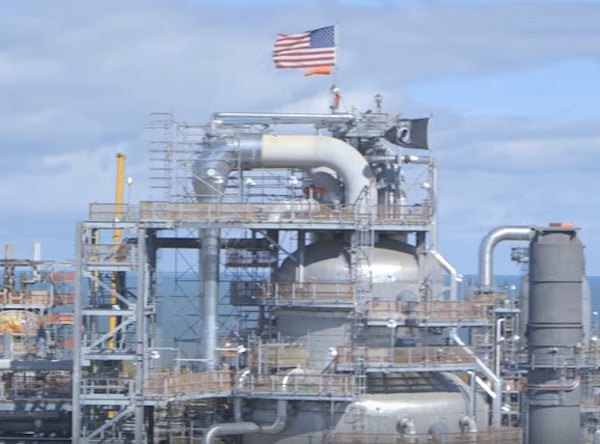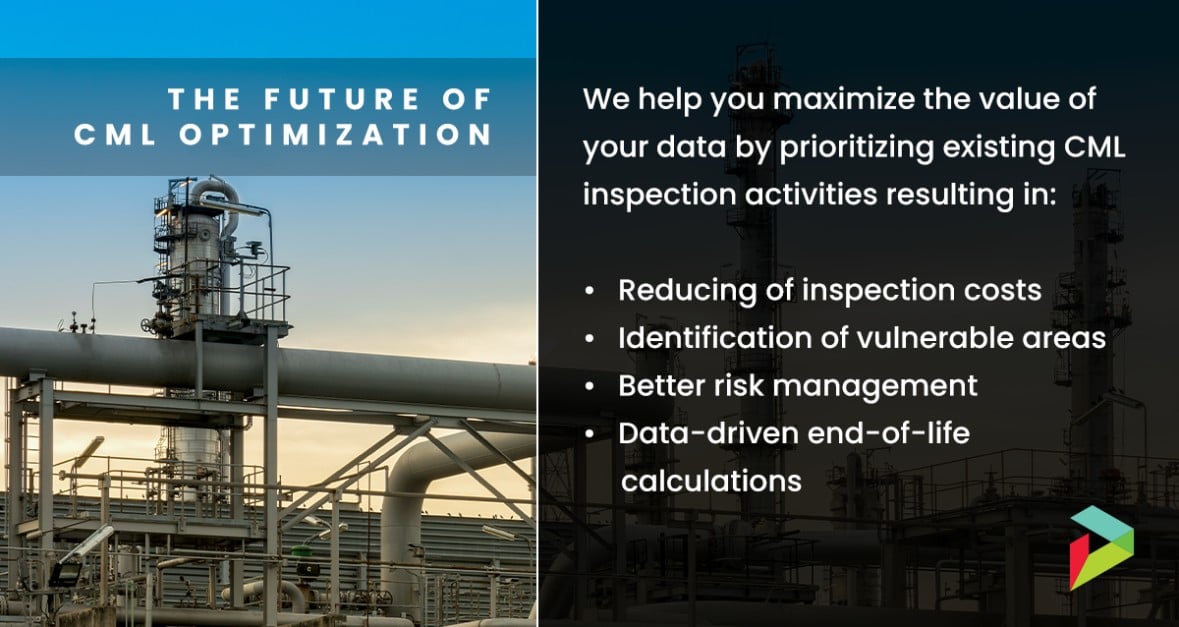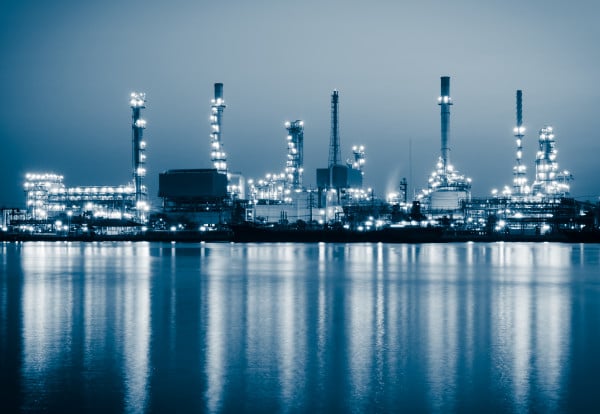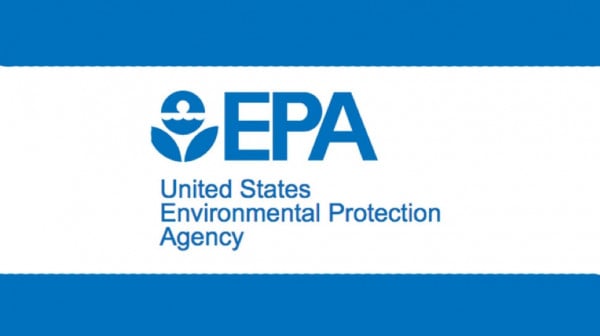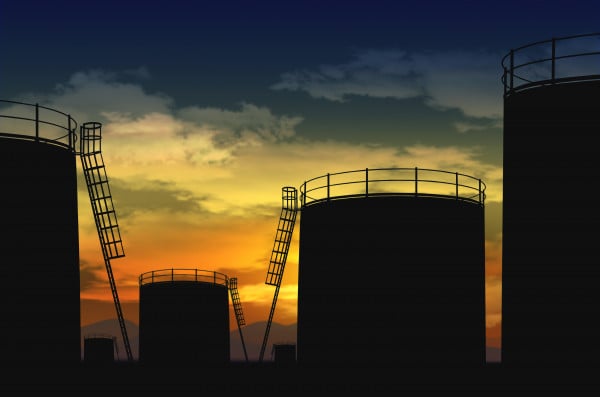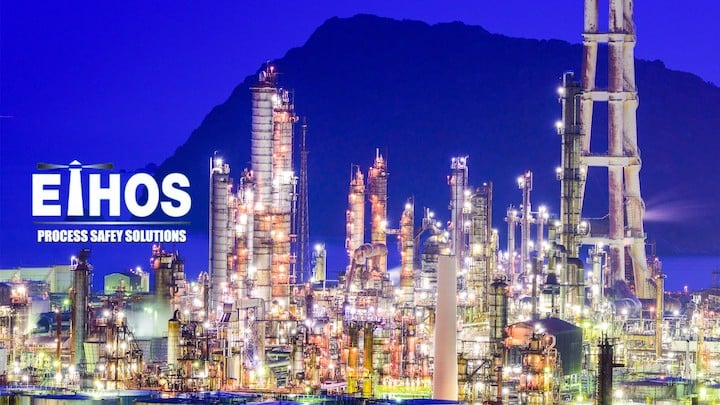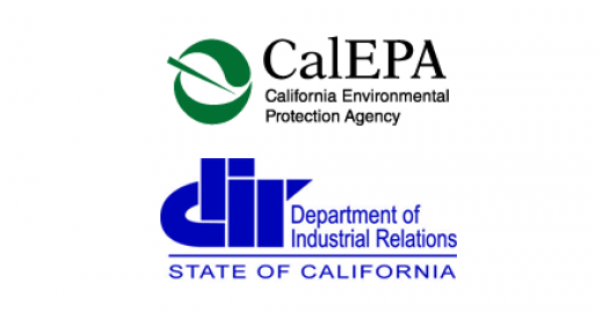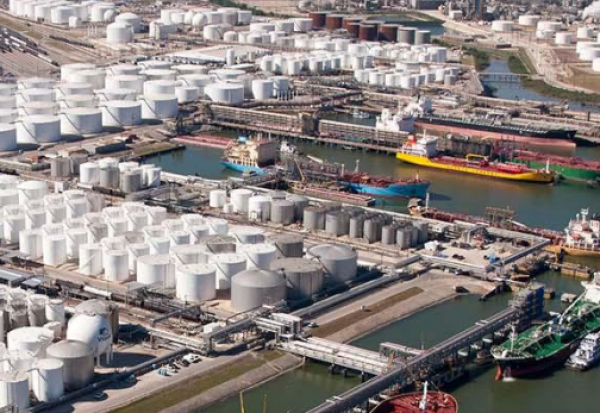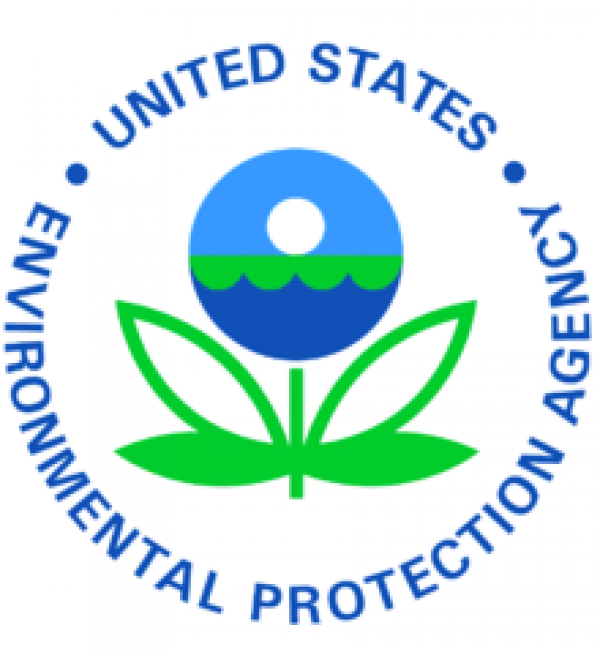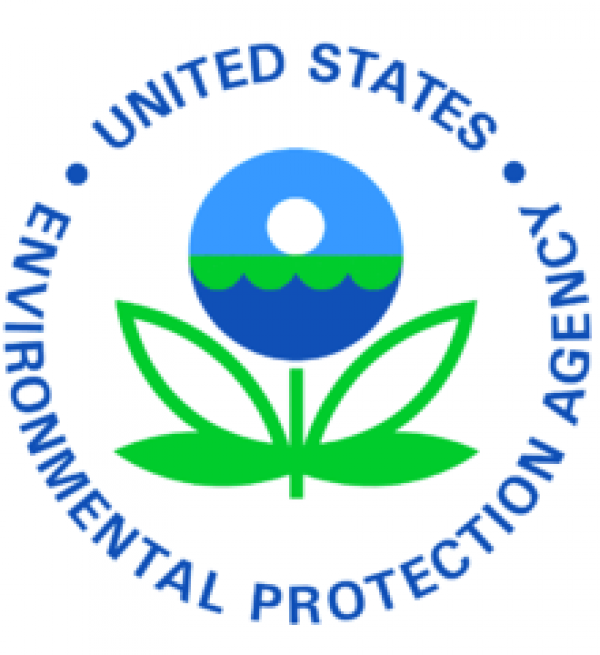The United States Environmental Protection Agency (EPA) is a U.S. governmental agency tasked with protecting human health and the environment. It conducts research, monitor and set standards on air and water pollution, and inform and educate the public about environmental issues. In addition, the EPA frequently releases rules and regulations aimed at ensuring minimal environmental impact from human activities.
In the late 1960's, after mounting concerns about human impact on the nation's environment, the EPA was established by Executive Order and confirmed by the House and Senate in order to create a single government agency whose purpose was to monitor the environment and set standards to ensure it’s protection. The agency started operations on December 2nd, 1970.
The EPA is led by an Administrator appointed by the President and approved by Congress. It is based in Washington, D.C. and has ten regional offices, 27 laboratories, and over 15,000 full time employees. Moreover, it is authorized to impose fines and sanctions on those in violation of EPA regulations.
Relevant Links
Topic Tools
Share this Topic
Contribute to Definition
We welcome updates to this Integripedia definition from the Inspectioneering community. Click the link below to submit any recommended changes for Inspectioneering's team of editors to review.
Contribute to Definition


